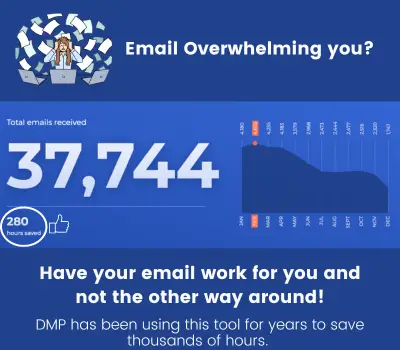SEO (Search Engine Optimization) Today
 Google has consistently updated it’s algorithms. What was once the standard operating procedure will likely not work today. In fact, some past practices can hurt your site’s ranking.
Google has consistently updated it’s algorithms. What was once the standard operating procedure will likely not work today. In fact, some past practices can hurt your site’s ranking.
This infographic from Hubspot give an overview of the Google’s changes. Below the graphic are myths regarding SEO efforts.
Google SEO Myths:
You must submit your site to Google for improving your ranking. False-Sites like Google will find your site. Site submission is unnecessary.
Google ranking is everything. False-Of what value is a #1 rank if your site is not engaging or of any value? Focus on creating and maintaining an engaging site with engaging and valuable content.
SEO should be handled only by IT. False-Although SEO has a technical component, it is solidly a business/marketing project. Focus on clear content direction and your organization’s brand. Create compelling content then work with your IT folks to implement site SEO.
Link building is hugely important. False-Links are an important component to developing your website’s “authority”, even with recent Google changes. However, it has become extremely difficult to “game the system”, if not impossible. Remember this next point: extraordinary content is non-negotiable. Invest in quality link building, but only after the content is assuredly the best it can be.
Meta Descriptions are no longer important. True/False-True because meta descriptions do not aid in site search placement like it once did. False because they are critical to get a user to navigate to your site. Think of these as the small snippet a user sees about a site when looking through search results. Use your targeted keyword once in the meta description and perhaps even add a quick call to action.
Social Media & SEO are not related. False-They are and it’s referred to as “social search”. Have a social media strategy and ensure it is part of your SEO strategy. The two need to be integrated.
Stuffing a site content with keywords is all that is needed. False-Keywords are only one part of the SEO equation.
Keywords need to be exact matches. False-Google discourages use of keywords for machines rather than people. Focus on quality content and variations of your keywords or phrases. Awkwardly stuffing your content with keywords will work against you.
A homepage needs to filled with content. False-So, a user finds your site in a search and clicks on the link only to find a homepage that is confusing, not interesting or plain gimmicky. They leave. Keep your homepage simple and drive home the message, concisely and succinctly.
Pages, pages and more pages! A site needs as many pages as possible. False-Not everything that is published gets indexed. Some indexed pages do not remain in the index. Confusing? Yes. The focus, again, should remain on relevant and engaging content and pages. Create, write and publish for users, not machines.
Creating other sites that link back to the main site works. False-Search engines scan domain registrant information. Focus on adding quality content to your site and forging meaningful, valuable relationships with other businesses who may refer their customers to you. Taking shortcuts, especially with link manipulation can lead to being penalized by Google. Avoid this at all costs!
Tip:
Make sure your organization’s address is consistent throughout your site and footers. For example, if you abbreviate “street” as “St.”, then do so throughout the site, consistently.
-RRK (freelance writer)







